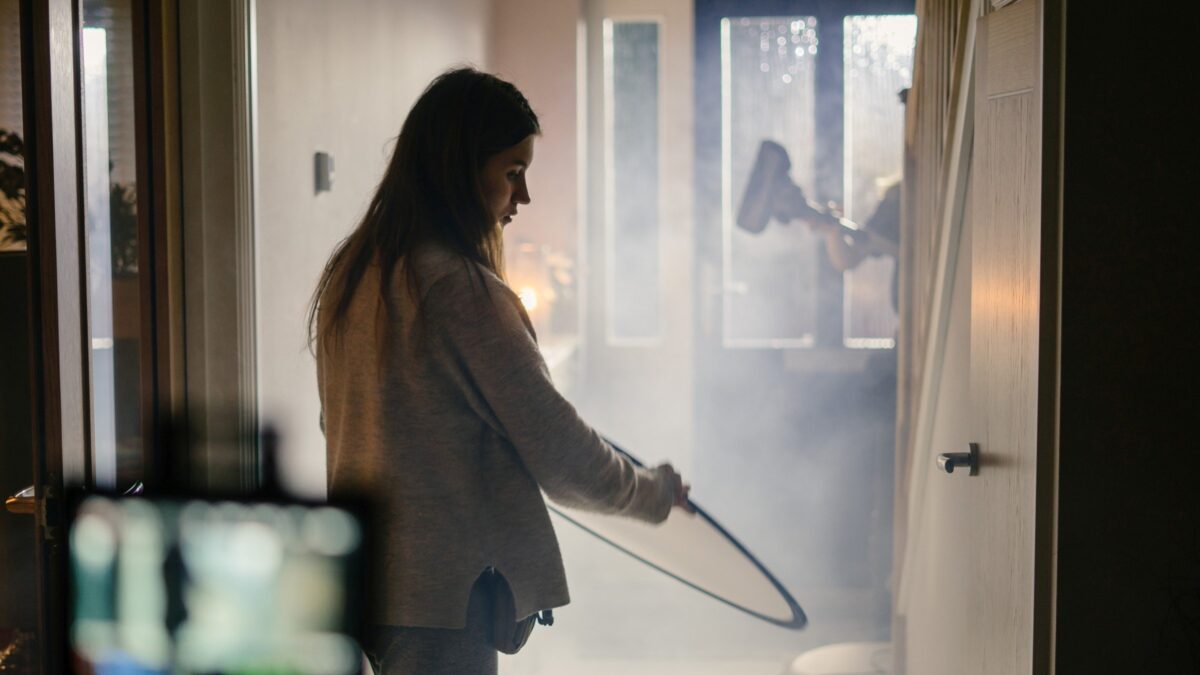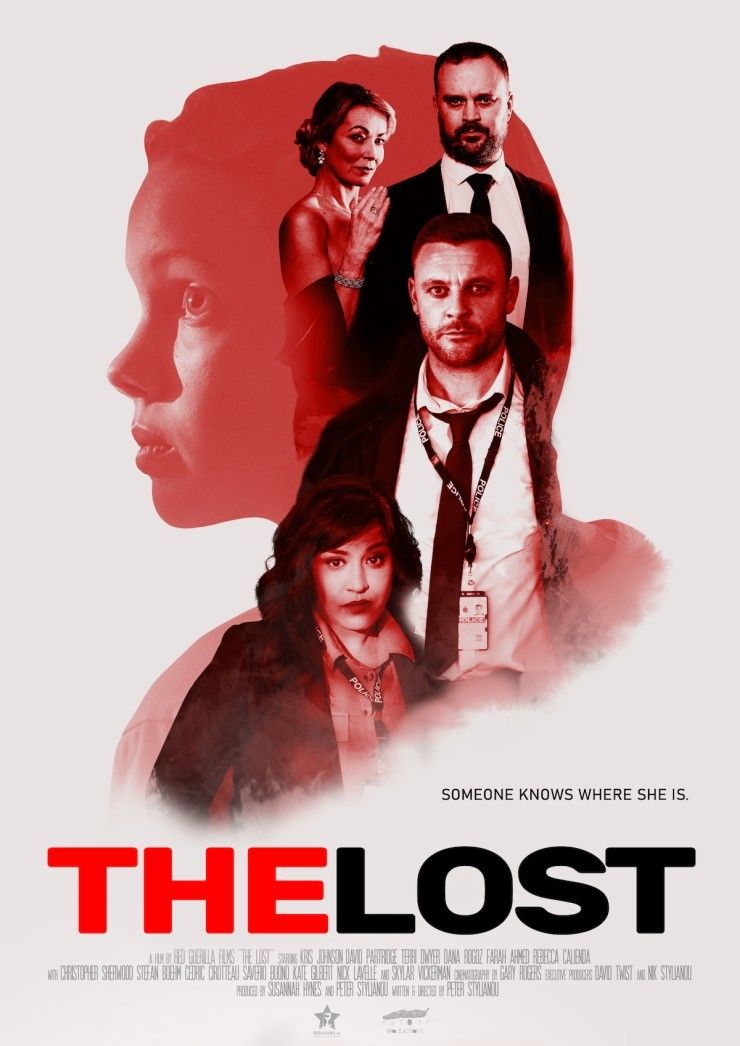
What are the perks and challenges of filming a feature film in such a short amount of time?
This post was written by Peter Stylianou.
As the director of THE LOST, I can’t help but feel incredibly proud of what my team and I were able to accomplish in just eight days. Shooting a feature film in such a short amount of time was a daunting task, and the intensity of the experience was unlike anything I had ever encountered before.
With an average of 13 scenes to shoot per day and only around 41 minutes per scene, including set-up time. There was no margin for error and no room for improvisation. We had to hit the ground running every day, and the pressure was immense.
However, I am proud to say that the success of the project was a testament to the dedication and hard work of the cast and crew. Everyone involved had a laser focus on their respective roles, and they were able to execute their tasks with exceptional skill and efficiency.
I am incredibly grateful for their contributions to the project and would not have been able to achieve what we did without their unwavering commitment.
How to Shoot a Film in 8 Days
The decision to shoot in just eight days was primarily due to budgetary constraints. The location fees for the Surrey house and the salaries of the cast and crew were only affordable for that duration. Additionally, the growing pandemic story in the news made it feel like a “now or never” shoot, adding to the urgency and intensity of the project.
As the director, I had to wear multiple hats on set, acting not only as the director but also as the on-set producer, line producer, DIT, and production manager. Juggling multiple responsibilities each day, from directing the film to managing the production, arranging cast and crew accommodations and payments, ordering daily food and equipment rentals, and data dumping all the footage, was a formidable challenge.
There were days when I barely had enough energy to keep my eyes open, but the adrenaline and the satisfaction of seeing the project take shape kept me going.
The editing process was also a monumental task that required a great deal of time and attention to detail. With a limited budget, I had to edit the entire film, mix all sounds, add sound effects, stock music, color grade, and search for a distributor.
This was a massive undertaking that required me to learn new skills quickly, but ultimately, it was worth it. Eventually, we were able to secure a distribution deal with Journeyman Pictures, a world-renowned documentary distributor that had started to branch out into fiction films.

Looking back on the experience, I realize how vital it is not to take on more than one can handle. Asking for help and building a reliable team is crucial for a successful project, and it can take the pressure off the director, allowing them to focus on the creative aspects of the film.
The intense eight-day shoot may have aged me by ten years, but it also taught me valuable lessons that I will carry with me for the rest of my career. It was an extraordinary experience that I will never forget, and I am grateful for the opportunity to have worked with such a talented cast and crew.














